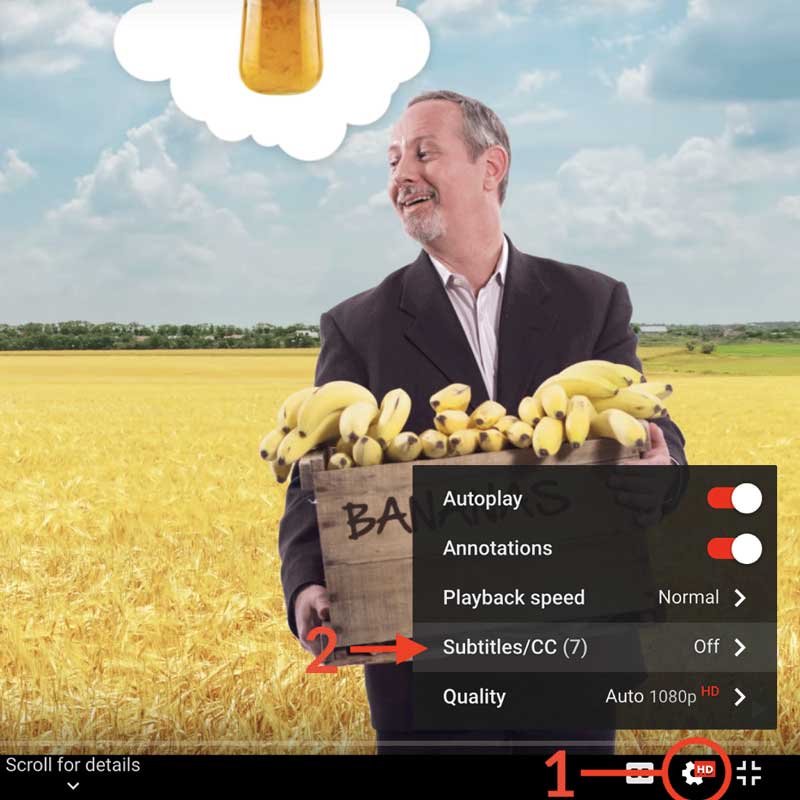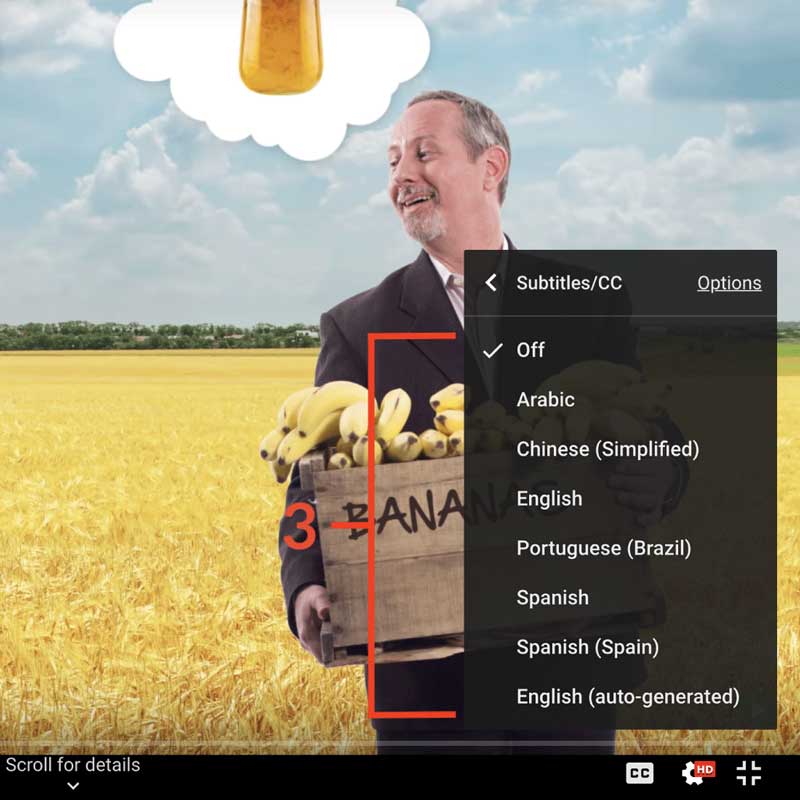Free Rider Problem
Course Outline
Free Rider Problem
What is the free rider problem?
The free rider problem describes when someone gets the benefit of a good or service without incurring a cost for it.
You know how when you have a group assignment, there always seems to be one slacker? They hardly contribute, but receive the same grade as you!
That’s an example of a free rider problem that most of us are all too familiar with.
The types of goods and services that are particularly prone to the free rider problem are called public goods. In the video, we’ll get into another free rider problem scenario that could have life or death consequences: the public good of protecting the planet from an asteroid strike.
Interested in learning more about public goods? Check out our Micro section on Public Goods and the Tragedy of the Commons.
Teacher Resources
Transcript
What is the "free rider problem"? Here's an example we're all familiar with. You have a group assignment in class, and there's always that one kid who doesn't do any work but gets the same grade as you. That's a "free rider problem." It's a term used to describe when someone gets the benefit of a good or service without incurring a cost for it. That may not seem like a big deal, but let's take something more dramatic: asteroid protection -- paying to protect the Earth from an asteroid. Though an asteroid hitting the Earth is a low probability event, the results can be devastating.
So would you pay for asteroid protection? Let's think through it. First, asteroid protection is going to protect the whole Earth so even if you didn't pay for the protection, you'd still be protected, and, second, your payment is probably not going to make a difference between a successful and an unsuccessful defense. Given those two facts, you don't really have an incentive to pay for it.
So there are really only two cases to consider -- either enough other people pay so that you are protected or enough other people don't pay so that you aren't protected. Either way, whether you pay or not doesn't determine whether or not you get protection. Hence, the temptation to free ride -- get the protection without paying for it. But if lots of people free ride, then asteroid protection isn't funded, no one is protected, and we have a market failure. There are specific types of goods and services prone to the free rider problem -- goods and services we call "public goods."
Subtitles
Thanks to our awesome community of subtitle contributors, individual videos in this course might have additional languages. More info below on how to see which languages are available (and how to contribute more!).
How to turn on captions and select a language:
- Click the settings icon (⚙) at the bottom of the video screen.
- Click Subtitles/CC.
- Select a language.


Contribute Translations!
Join the team and help us provide world-class economics education to everyone, everywhere for free! You can also reach out to us at [email protected] for more info.
Submit subtitles
Accessibility
We aim to make our content accessible to users around the world with varying needs and circumstances.
Currently we provide:
- A website built to the W3C Web Accessibility standards
- Subtitles and transcripts for our most popular content
- Video files for download
Are we missing something? Please let us know at [email protected]
Creative Commons

This work is licensed under a Creative Commons Attribution-NoDerivatives 4.0 International License.
The third party material as seen in this video is subject to third party copyright and is used here pursuant
to the fair use doctrine as stipulated in Section 107 of the Copyright Act. We grant no rights and make no
warranties with regard to the third party material depicted in the video and your use of this video may
require additional clearances and licenses. We advise consulting with clearance counsel before relying
on the fair use doctrine.

